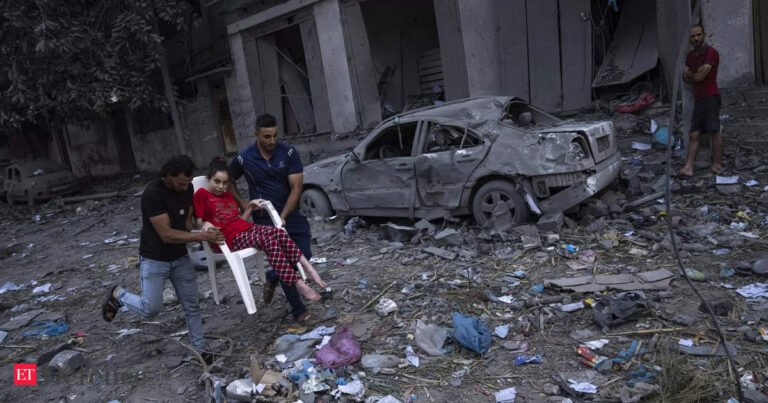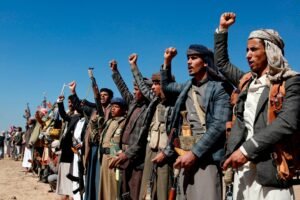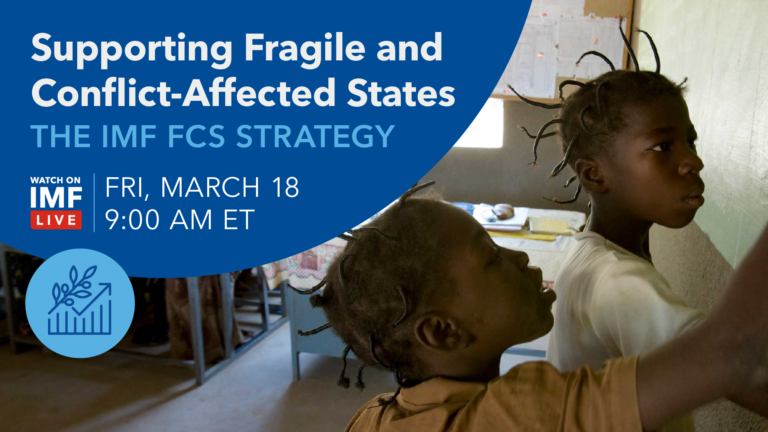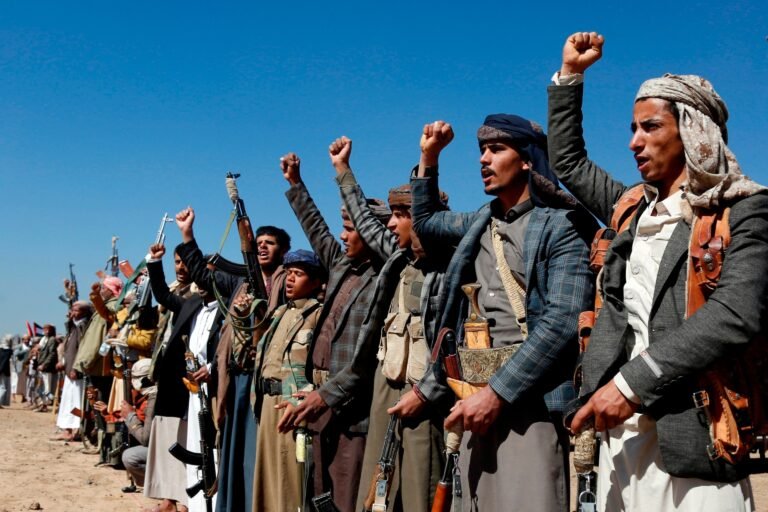
Empowering Women in Fragile and Conflict-Affected States: Navigating Land Rights and Protections from Violence
Introduction
The empowerment of women in fragile and conflict-affected states is a critical area of focus in global development and security. These environments exacerbate the vulnerabilities of women, making it essential to address issues such as land rights and protections from violence. This report explores the complex interplay between women’s land rights, their protection from violence, and the broader implications for stability and development in these regions.
Land Rights and Economic Empowerment
Securing land rights is a fundamental aspect of empowering women in fragile and conflict-affected states. According to the World Bank, secure access to land ownership not only empowers women to safeguard themselves and their families from violence and exploitation but also fosters economic independence and social stability (“Empowering Women in Fragile and Conflict-Affected States: Navigating Land Rights and Protections from Violence”). Land ownership provides women with a tangible asset, which can be crucial for their economic empowerment and overall well-being.
Protections from Violence
Violence against women in conflict zones is a pervasive issue that further complicates their struggle for rights and empowerment. The Georgetown Institute for Women, Peace and Security highlights the continued struggle for women’s rights and political violence targeting women, particularly in regions like Iran, Afghanistan, and the Balkans (“Conflicts to Watch in 2024: Implications for Women, Peace and Security”). The entrenched use of sexual violence by groups like the RSF in Sudan underscores the urgent need for protective measures and international accountability.
Policy and Legal Frameworks
Effective policy and legal frameworks are essential in addressing these challenges. The World Bank emphasizes the need for measures that promote women’s political participation and protect them during electoral processes, as seen in South Sudan (“Empowering Women in Fragile and Conflict-Affected States: Navigating Land Rights and Protections from Violence”). Legal reforms that ensure women’s rights to land and protection from violence can contribute significantly to their empowerment and the overall stability of conflict-affected regions.
International and Local Initiatives
Various international and local initiatives aim to address these issues. For instance, the Women’s Empowerment and Gender Equality in Fragile States initiative assesses the effects of gender-specific interventions on women’s empowerment and their contribution to building peaceful societies (“Strengthening Women’s Empowerment and Gender Equality in Fragile”). Such initiatives are crucial in creating sustainable change and fostering environments where women can thrive despite the challenges posed by conflict.
Conclusion
Empowering women in fragile and conflict-affected states through secure land rights and protections from violence is vital for their individual well-being and the broader goal of achieving stability and development in these regions. It requires a multifaceted approach that includes legal reforms, protective measures, and targeted initiatives to address the unique challenges faced by women in these environments. The international community must continue to prioritize these efforts to ensure that women in conflict zones are not left behind.
References
-
“Empowering Women in Fragile and Conflict-Affected States: Navigating Land Rights and Protections from Violence.” World Bank Development Economics on LinkedIn. https://www.linkedin.com/posts/world-bank-development-economics_empowering-women-in-fragile-and-conflict-affected-activity-7169040446919163905-_ocl.
-
“Let’s Talk Development – World Bank Blogs.” World Bank. https://blogs.worldbank.org/en/developmenttalk.
-
“Conflicts to Watch in 2024: Implications for Women, Peace and Security.” Georgetown Institute for Women, Peace and Security. https://giwps.georgetown.edu/conflicts-to-watch-in-2024-implications-for-women-peace-and-security/.
-
“Strengthening Women’s Empowerment and Gender Equality in Fragile States.” Wiley Online Library. https://onlinelibrary.wiley.com/doi/full/10.1002/cl2.1214.











+ There are no comments
Add yours